The International Air Transport Association (IATA) released the findings of its 2022 Global Passenger Survey (GPS), which revealed that travelers’ main concerns for flying in the post-COVID crisis time are simplicity and convenience.
“Travel during COVID-19 was complex, cumbersome, and time-consuming due to government-imposed travel requirements. Post-pandemic, passengers want improved convenience throughout their trip. Digitalization and use of biometrics to speed up the travel journey is the key,” said Nick Careen, IATA’s Senior Vice President for Operations, Safety, and Security.
Passengers desire convenience while planning their trip and choosing where to depart from. When deciding where to fly from, customers prioritized proximity to the airport (75%). This was more essential than the price of the ticket (39%). Travelers were pleased to be able to pay using their chosen payment option, which was available to 82% of them. Access to planning and booking information in one location was regarded as a major requirement. 18% of passengers indicated they offset their carbon emissions; the primary reason provided by those who did not was a lack of awareness (36%).
“Today’s travelers expect the same online experience as they get from major retailers like Amazon. Airline retailing is driving the response to these needs. It enables airlines to present their full offer to travelers. And that puts the passenger in control of their travel experience with the ability to choose the travel options that they want with convenient payment options,” said Muhammad Albakri, IATA Senior Vice President of Financial Settlement, and Distribution Services.
Most visitors are eager to submit their immigration details for faster processing. Because of immigration regulations, 37% of passengers have been deterred from visiting to a specific country. Process complexity was regarded as the key obstacle by 65% of tourists, while expenses were listed by 12% and time was cited by 8%. Where visas are necessary, 66% of tourists prefer to acquire a visa online before traveling, 20% prefer to visit a consulate or embassy, and 14% prefer to receive a visa at the airport. To expedite the airport arrival procedure, 83% of tourists stated they would disclose their immigration information. While this is a high percentage, it is significantly lower than the 88% reported in 2021.
“Travelers have told us that barriers to travel remain. Countries with complex visa procedures are losing the economic benefits that these travelers bring. Where countries have removed visa requirements, tourism and travel economies have thrived. And for countries requiring certain categories of travelers to get visas, taking advantage of traveler willingness to use online processes and share information in advance would be a win-win solution,” said Careen.
Passengers are willing to finish processing steps away from the airport. 44% of travelers chose check-in as their preferred method of off-airport processing. With 32%, immigration procedures were the second most popular “top-pick,” followed by luggage. Furthermore, 93% of travelers want a specific program for trusted travelers (background checks) to speed up security screening.
More baggage-handling solutions are desired by passengers. 67% would want home pick-up and delivery, and 73% would like remote check-in options. 80% of travelers stated they would check a bag if they could monitor it during the flight. And half of those polled have used or are interested in utilizing an electronic bag tag. Biometric identity is valued by passengers. 75% of travelers prefer biometric data over passports and boarding cards. Over a third have previously used biometric identification in their travels, and 88% are satisfied. However, data security remains a worry for around half of all tourists.
Through IATA’s One ID project, the industry is ready to use biometrics to power airport procedures. COVID-19 has assisted governments in understanding the possibility for passengers to directly share their trip information with them before traveling, as well as the capacity of biometric procedures to enhance security and facilitation processes and more efficiently employ precious resources. The spread of e-gates at airports demonstrates the potential for increased efficiency. The objective is to provide regulatory support for the OneID standards, allowing its users to provide a seamless experience throughout all stages of the passenger journey.
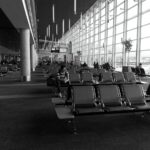










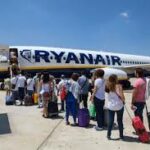
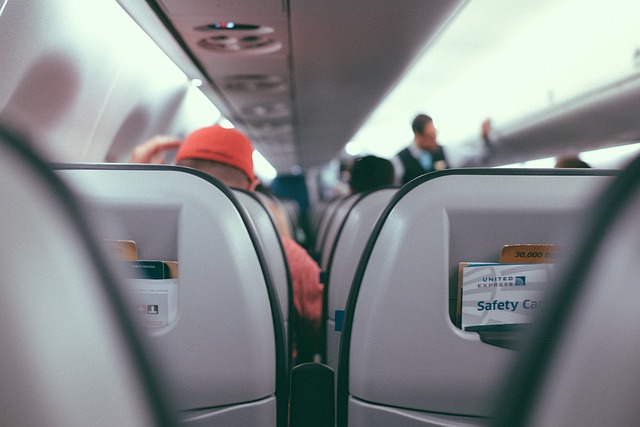

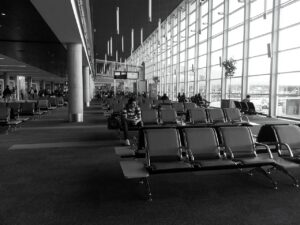

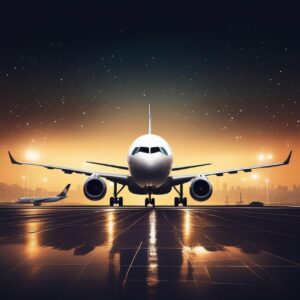
More Stories
US Imposes 25% Tariffs on Japan, South Korea, and Others Tourism Sector Faces Uncertainty
Europe Erupts Against Overtourism – Local Resistance
American Airlines Unveils New A319 Cabin: More Premium Seats, Less Space for Economy